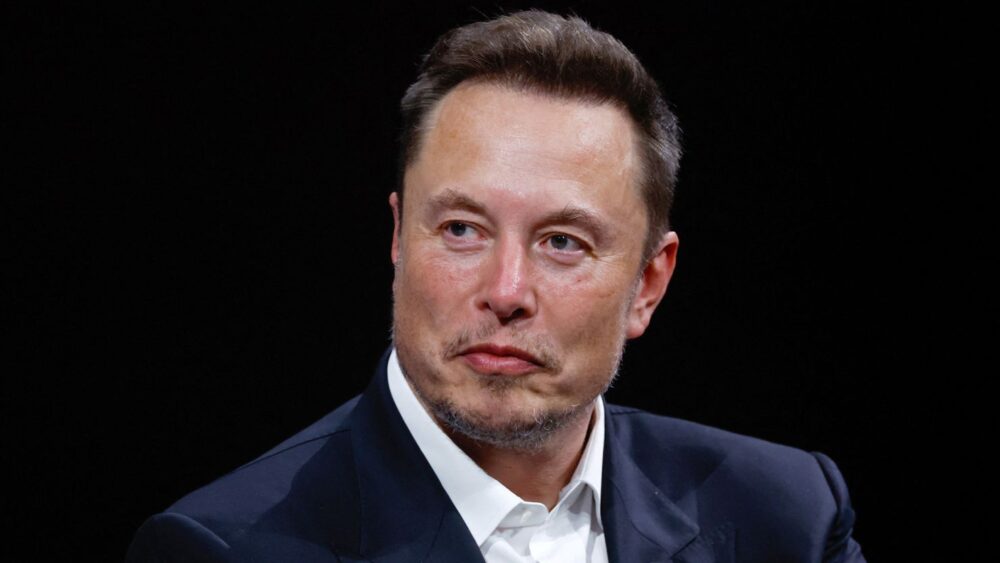Elon Musk has shared updates on his AI venture, xAI, during a recent interview on X. He mentioned that xAI is currently developing an upgraded version of their Grok model, named Grok 2. He expressed confidence that it will outperform GPT-4 and anticipates its release in May, with plans for even more advanced models to follow.
This launch timeframe is close to OpenAI’s anticipated launch date of its next AI model GPT 4.5, expected to debut sometime in June, though there has been no official confirmation yet. GPT 4.5 is expected to bring a much bigger context window, more accuracy, faster response time, and more scalability.
Despite the introduction of Grok 1.5 by xAI, which brought some enhancements, it still falls short of leading AI technologies. The original Grok 1 has been made open source, although there are other open-source options that offer greater efficiency and capabilities.
Musk also projected that AI might exceed human intellect by the end of next year, provided that the computational power and hardware can meet the demands of such sophisticated technologies. However, he noted that the current chip shortage has been a barrier to AI advancement.
According to a report from the Financial Times, over the last year, Musk has increasingly devoted his efforts and resources towards his AI initiative, xAI. He’s in the process of securing billions in funding from investors in the United States, the Middle East, and Hong Kong. This funding effort aims to position xAI as a formidable competitor to OpenAI, targeting a company valuation of $18 billion, as indicated by individuals familiar with these discussions.
Musk’s involvement in the AI sector has been pivotal and sometimes controversial over the last ten years. He initially co-founded OpenAI in 2015 but exited the organization in 2018 due to disagreements with Sam Altman, the CEO and co-founder, regarding the research direction. He recently sued OpenAI and Sam Altman for betraying its original non-profit mission. He claims that OpenAI is now simply acting as a money maker for Microsoft.
Soon after his lawsuit, Elon Musk made his Grok-1 AI model open-source, but without any of the training data code.






